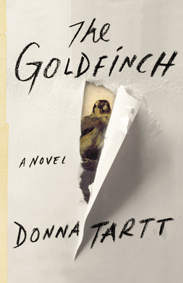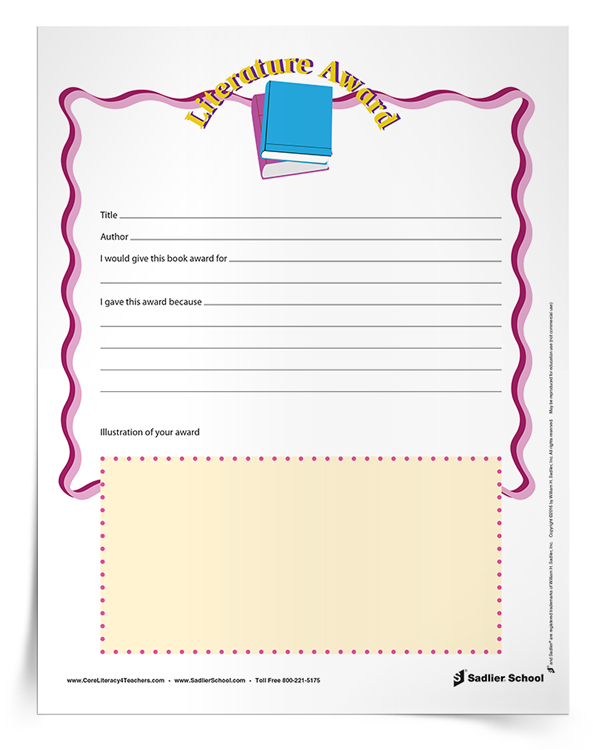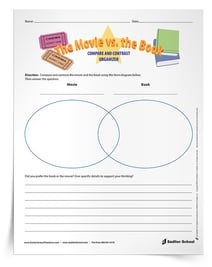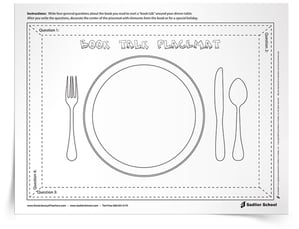1.800.221.5175
Mathematics
Sadlier PreK with Wiley Blevins
Knowledge-Building Early Childhood Program
Preview
|
Progress Mathematics
Grades K–8
Reading & Writing
From Phonics to Reading
Grades K–3
Building Reading Success with Wiley Blevins
Grades K–5
Vocabulary
Vocabulary Workshop, Tools for Comprehension
Grades 1–5
Vocabulary Workshop Achieve
Grades 6–12+
|



 1. It reminded me how it is important for kids to see the adults in their life reading. My own children and my students know that I am an avid reader. I make sure they see me reading and I talk about what book I am reading or have read. Even though I knew none of my students would be reading The Goldfinch anytime soon, I showed them the book because it is important that they know I read for pleasure. By sharing whatever book I am currently reading at the time with my students, they learn that reading is a lifelong skill.
1. It reminded me how it is important for kids to see the adults in their life reading. My own children and my students know that I am an avid reader. I make sure they see me reading and I talk about what book I am reading or have read. Even though I knew none of my students would be reading The Goldfinch anytime soon, I showed them the book because it is important that they know I read for pleasure. By sharing whatever book I am currently reading at the time with my students, they learn that reading is a lifelong skill.




